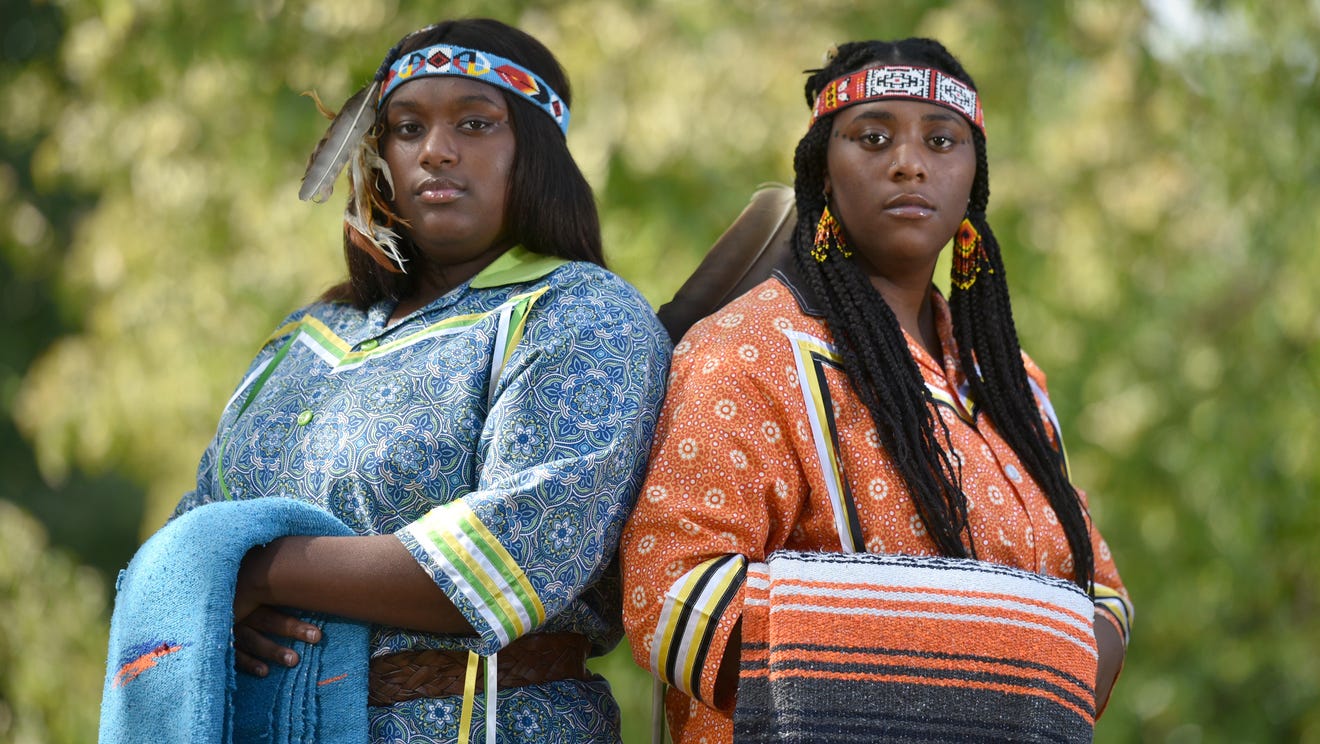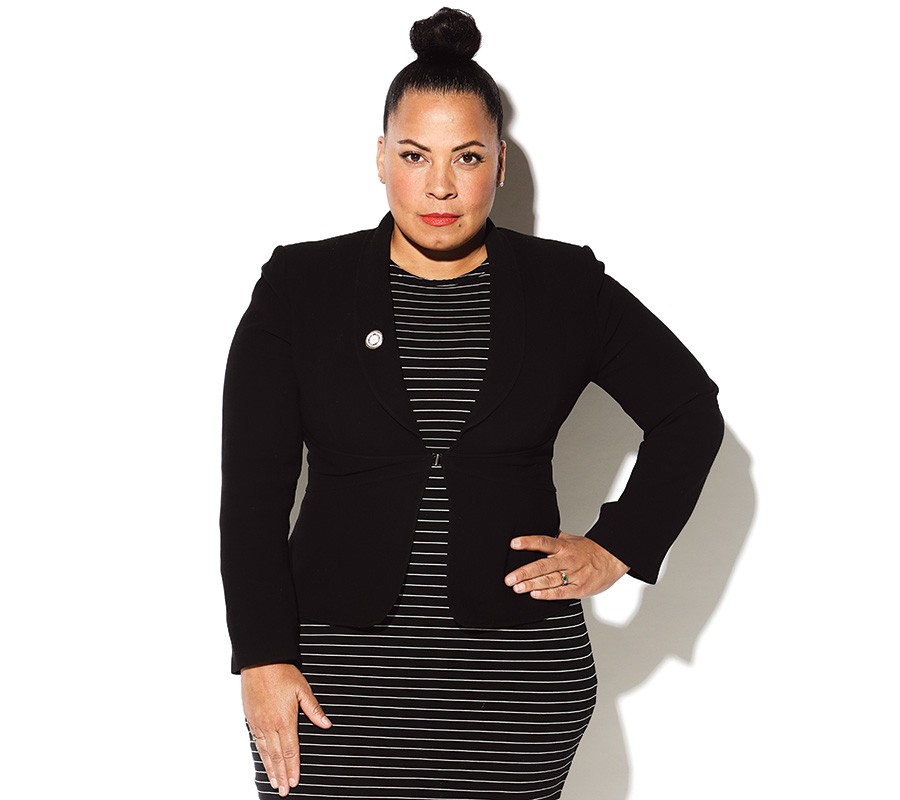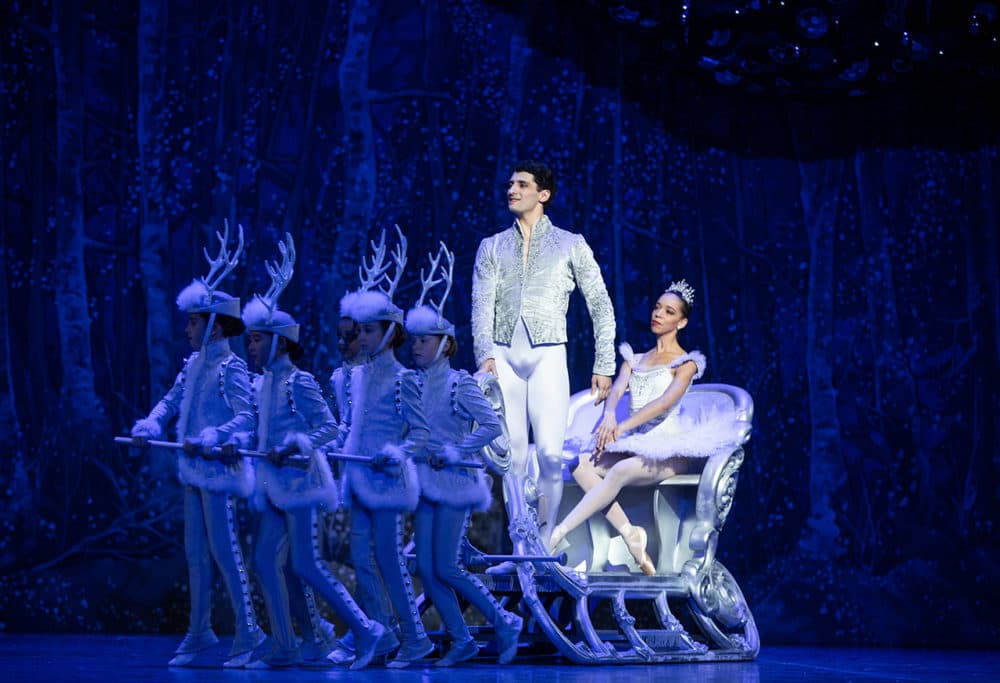The Fight for Interracial Marriage Rights in Antebellum Massachusetts by Amber D. Moulton (review)
Journal of the Early Republic
Volume 37, Number 1, Spring 2017
pages 183-185
DOI: 10.1353/jer.2017.0015
Terri L. Snyder, Professor of American Studies
California State University, Fullerton
The Fight for Interracial Marriage Rights in Antebellum Massachusetts. By Amber D. Moulton. (Cambridge, MA: Harvard University Press, 2015. Pp. 288. Cloth, $45.00.)
In this sharply focused study, Amber D. Moulton examines the battle to overturn the Massachusetts statute banning interracial marriage, originally enacted in 1705 and repealed in 1843, and offers a penetrating analysis of early arguments over the right to marry. Each chapter critically foregrounds existing studies of miscegenation law, and the epilogue usefully links the legal histories of interracial and same-sex marriage. Long before Loving v. Virginia (1967) or Obergefell v. Hodges (2015), some antebellum activists in Massachusetts argued that marriage was a constitutional right and an essential element of social and political equality. The claim of equal rights alone did not carry the day, however. As Moulton demonstrates, the most persuasive arguments against the law were rooted in appeals to moral reform rather than in demands for racial civil rights.
The Fight for Interracial Marriage Rights is a skillful blend of legal history and lived experience. In her first chapter, Moulton offers a history of the ban and analyzes its consequences for interracial families. Colonial Massachusetts, following the lead of the slave societies of the Caribbean and the Chesapeake, banned interracial marriage in 1705. The statute was expanded in scope and severity in 1786 and remained in place until 1843, when it was overturned. Despite the legal prohibition against interracial unions, women and men of different races continued to marry in Massachusetts. The legal ban was clear-cut in theory, but interracial couples pursued varying strategies in their marriage practices. Some couples gained the protection of legal marriage when they wed outside of Massachusetts and returned to the colony or state as husband and wife. If partners could not be legally married, they established informal unions and protected children through carefully delineated inheritance strategies. Others shunned the law altogether. However, once an informally married interracial couple came to the attention of the courts—particularly when they or their children petitioned for support—their union could be voided and their children declared illegitimate. Class was a clear factor: The poorest couples were more at risk for having their claims to wedlock invalidated. Moreover, the official ban on interracial marriages sometimes existed in opposition to local culture. At least some interracial couples who attained middling status appear to have been accepted in their neighborhoods.
Subsequent chapters investigate the range of advocates who fought against the ban on interracial marriage. In some of the more fascinating examples in her study, Moulton investigates and highlights the transmission of activist aims in African American families. In 1837, for instance, African American activists made the right to interracial marriage a plank on their antislavery platform; some of these activists were either spouses in or children born to interracial unions. The study is also strong in its analysis of gender. Regardless of race, women activists who opposed the ban were charged with indecency. Some opponents claimed that political petitioning in support of interracial marriage—and the racial mixing it implied—was anathema to white femininity. However, some women activists countered that interracial marriage protected women. Marriage, they argued, was a bulwark against licentiousness (which could lead to promiscuity and prostitution), provided the security of patriarchal family structure, and offered official legitimacy for children of these unions as well.
Rather than claims of equal rights, then, the most persuasive arguments in overturning interracial marriage prohibitions in Massachusetts were rooted in the values of traditional marriage and gender roles, patriarchal ideologies and feminine duty, and the importance of Christian morality. At the same time, unforeseen events, such as the Latimer case, which aroused indignation over southern demands that Boston’s officials hunt fugitive slaves, galvanized public opinion in favor of overturning the law. Ultimately, prohibiting interracial marriage was viewed as immoral, unconstitutional, and unjust, as well as a uniquely southern encroachment on individual freedom from which northerners wanted to distance themselves. Despite its innovation, however, Massachusetts did not become a model for the nation: Twenty years after that state legalized interracial marriage, over…





